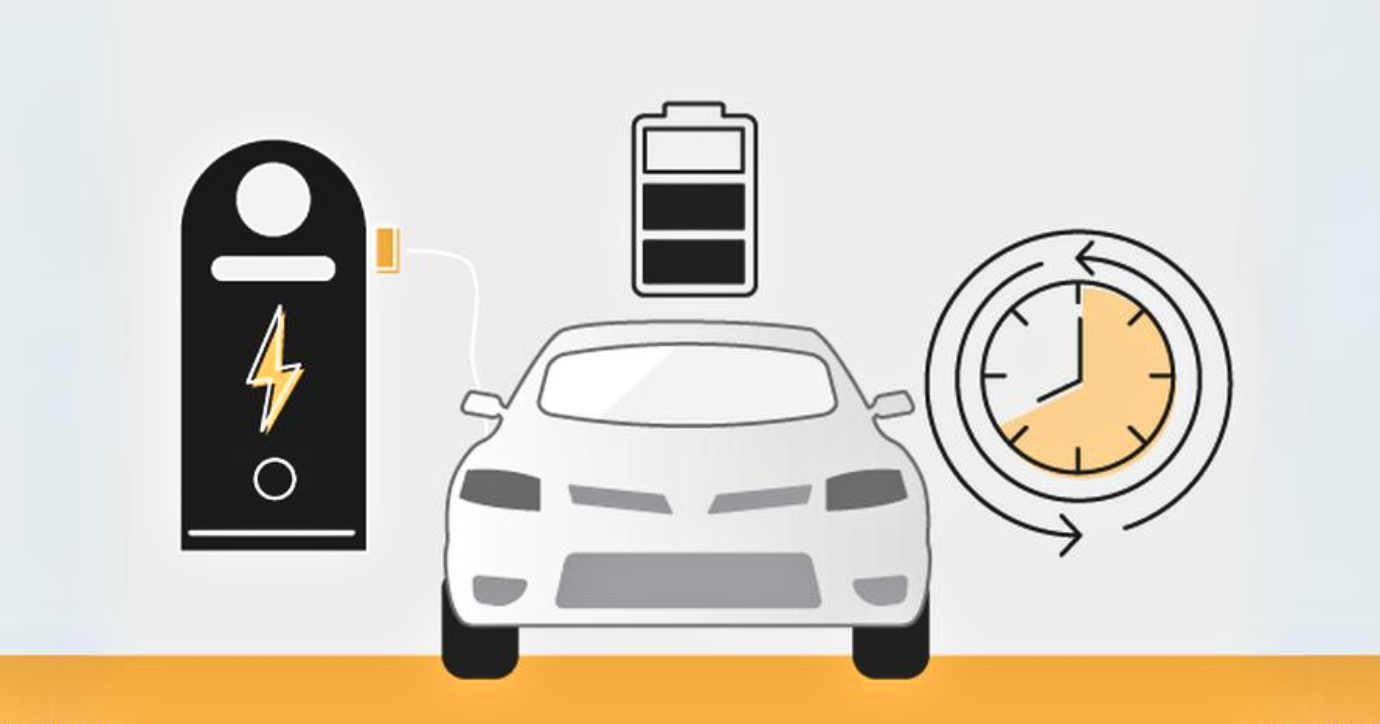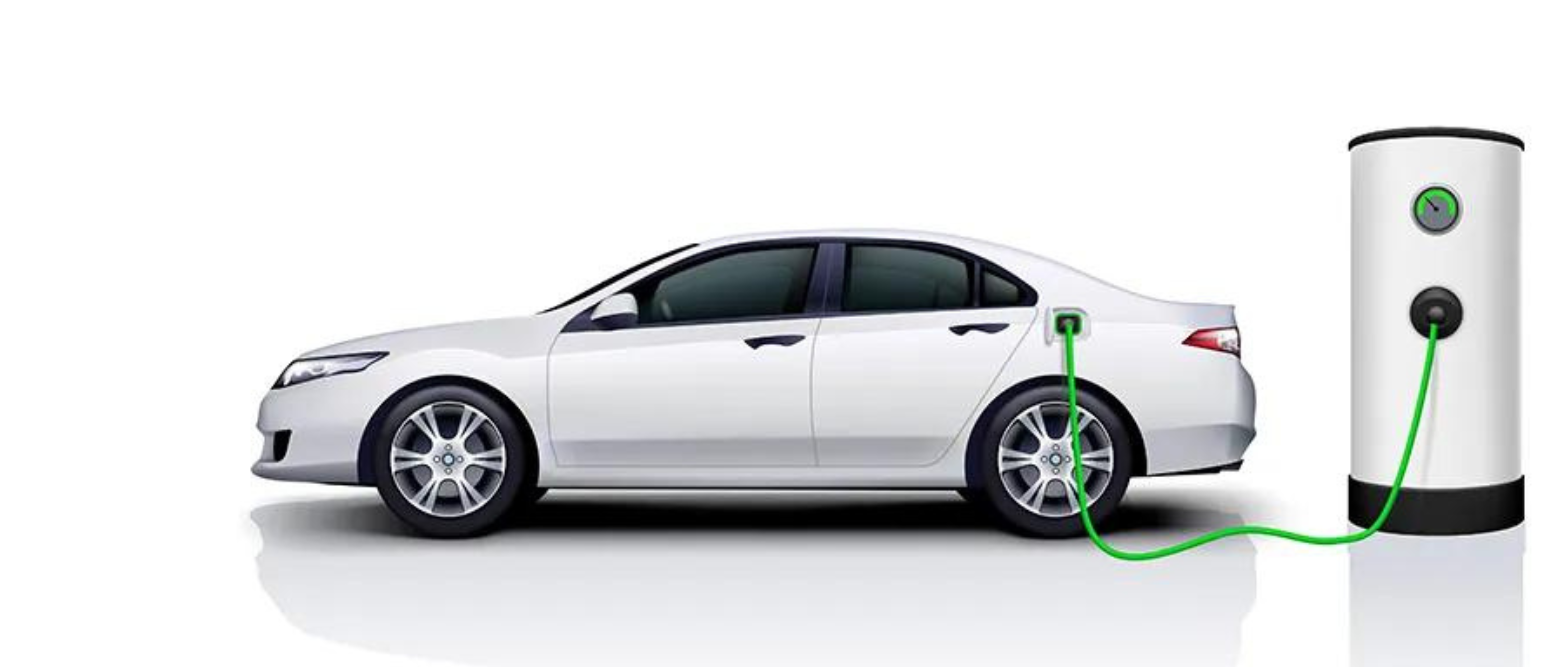Electric vehicles are becoming increasingly popular and are gaining a reputation as environmentally friendly and efficient vehicles. However, to maximize their potential and extend the life of batteries, special attention must be paid to the charging process. Understanding how long it takes to charge, and the differences between charging at home and at a station, plays an important role in choosing the best method for electric vehicle owners.
“Charging an electric vehicle is not just a way to get energy. It’s about responsibility and smart energy management.” – Octa Energy
The importance of proper battery charging
Loading Electric vehicle is not only ensuring its movement, but also taking care of the condition of the battery. Proper charging helps extend the battery life, which significantly affects the overall efficiency of the vehicle.
The battery is a key element of an electric vehicle, and its service life directly depends on the quality of charging. The processes that occur inside the battery during charging affect its performance and durability. It is important to follow the manufacturer’s recommendations to prevent overcharging or undercharging, which can significantly affect the overall battery life.
How long does it take to charge an electric car?
BCharging time depends on several factors, such as the capacity of the battery, the power and type of charger, the current charge level of the battery, and the technology used in the battery itself. Average charging time ranges from a few hours to a full day.
Battery capacity directly affects the time required to fully charge. A battery containing more electrical energy takes longer to fill. This is explained by the fact that charging occurs with a certain power, and the larger the capacity, the more energy needs to be transferred.
The power of the charger is also an important factor. Let’s look at the two main stages of charging: fast and standard.
Fast charging
Fast charging technology is one of the most important characteristics of modern electric vehicles. It can significantly reduce the time required to fully charge a car battery.
Usually, this process takes from 30 minutes to an hour, depending on the power of the charger and the capacity of the car’s battery. Such high technologies used in modern electric vehicles ensure convenient and efficient charging, which makes the vehicle even more attractive to potential buyers.
Standard charging
If you use a regular home charger, the charging process may take longer. Here, the charging time will depend on the battery capacity and discharge level. Typically, a full charge takes several hours, and in some cases, with larger batteries and low charge levels, this time may increase.
Let’s look at the main differences in charging times between home and public stations.
Charging at home
Home charging is usually carried out through standard AC outlets (220 V) or specialized alternating current (AC) stations. The charging period largely depends on the power of the charger. Standard home chargers range from 3 kW to 7 kW. On average, a full charging cycle at home can take from 6 to 12 hours.
However, it is worth noting that many electric vehicle owners prefer to use more powerful stations to speed up the charging process. There are AC stations with a power of 22 kW and higher, which can significantly reduce the amount of charging time at home.
Charging at public stations
Public charging stations provide higher power levels and therefore can charge much faster. There are two main types: alternating current (AC) and direct current (DC) stations.
- AC stations. They usually have power from 7 kW to 22 kW. Depending on the power and initial charge level, an electric vehicle can be charged to 80% in about 30 minutes or several hours.
- DC stations. This is the most effective way for faster charging. DC stations can range from 50 kW to over 350 kW. Thanks to this, charging time is significantly reduced, allowing you to charge the battery by 80% in just 15-45 minutes.
Proper charging of an electric vehicle is the key to its long and efficient operation. Understanding how long charging takes, both at home and at specialized stations, allows electric vehicle owners to make the most of their vehicles. To do this, it is important to purchase and use proven charging stations such as Octa.
“Charging your electric vehicle correctly means taking care of the battery, conserving energy and ensuring a sustainable future.” – Octa Energy




